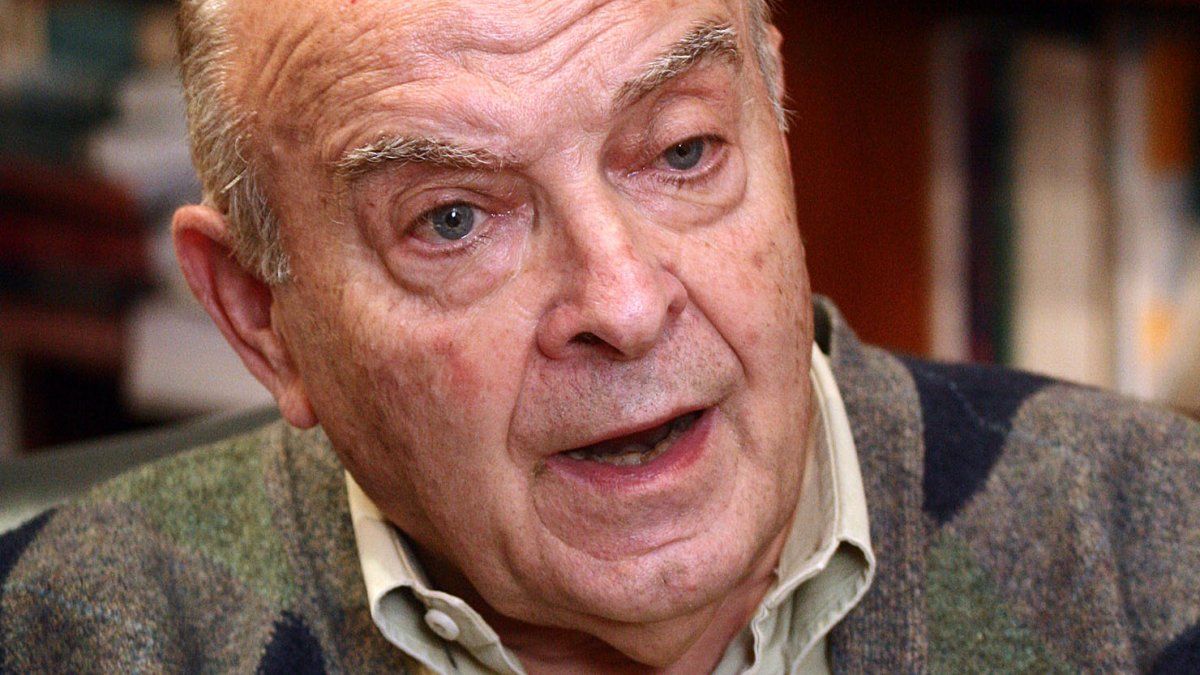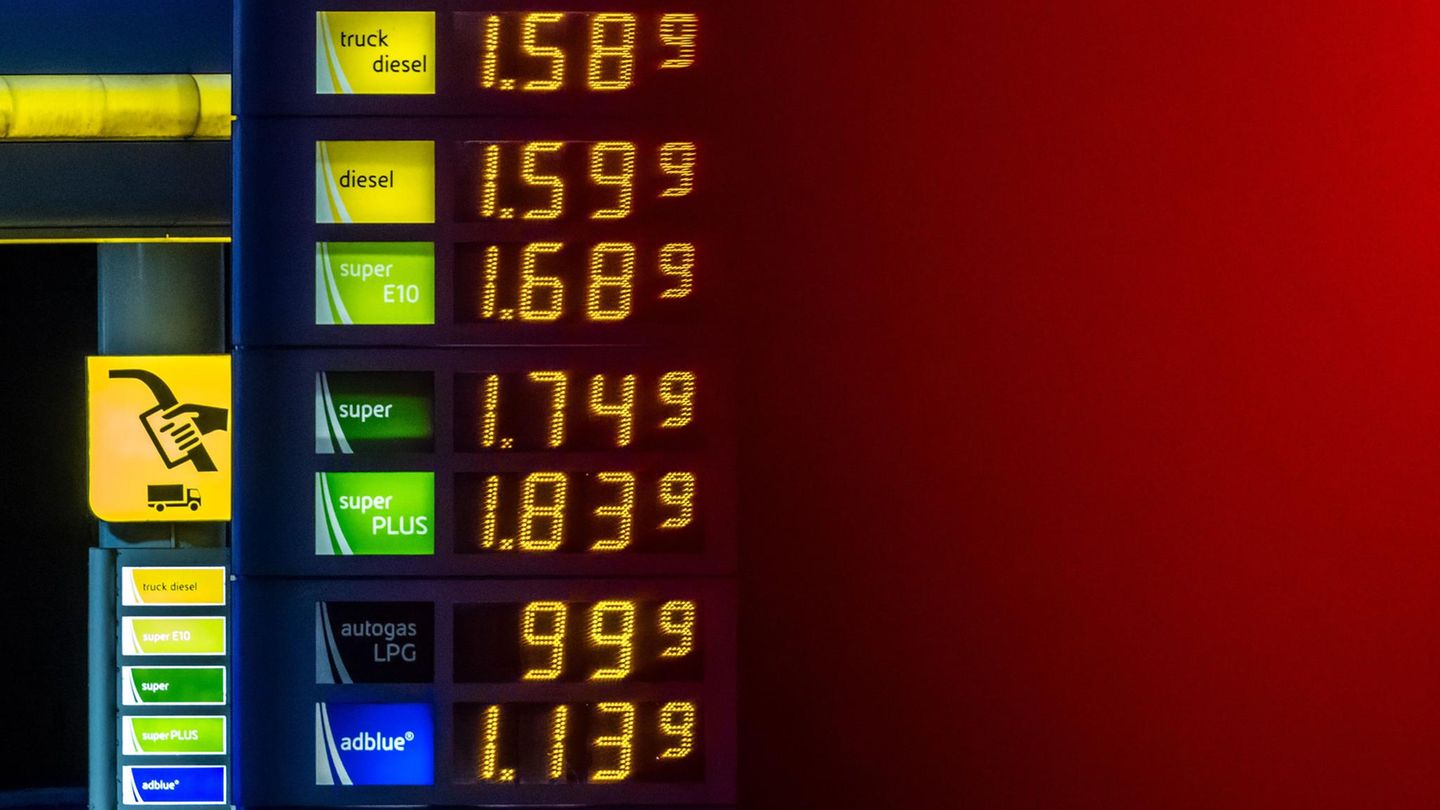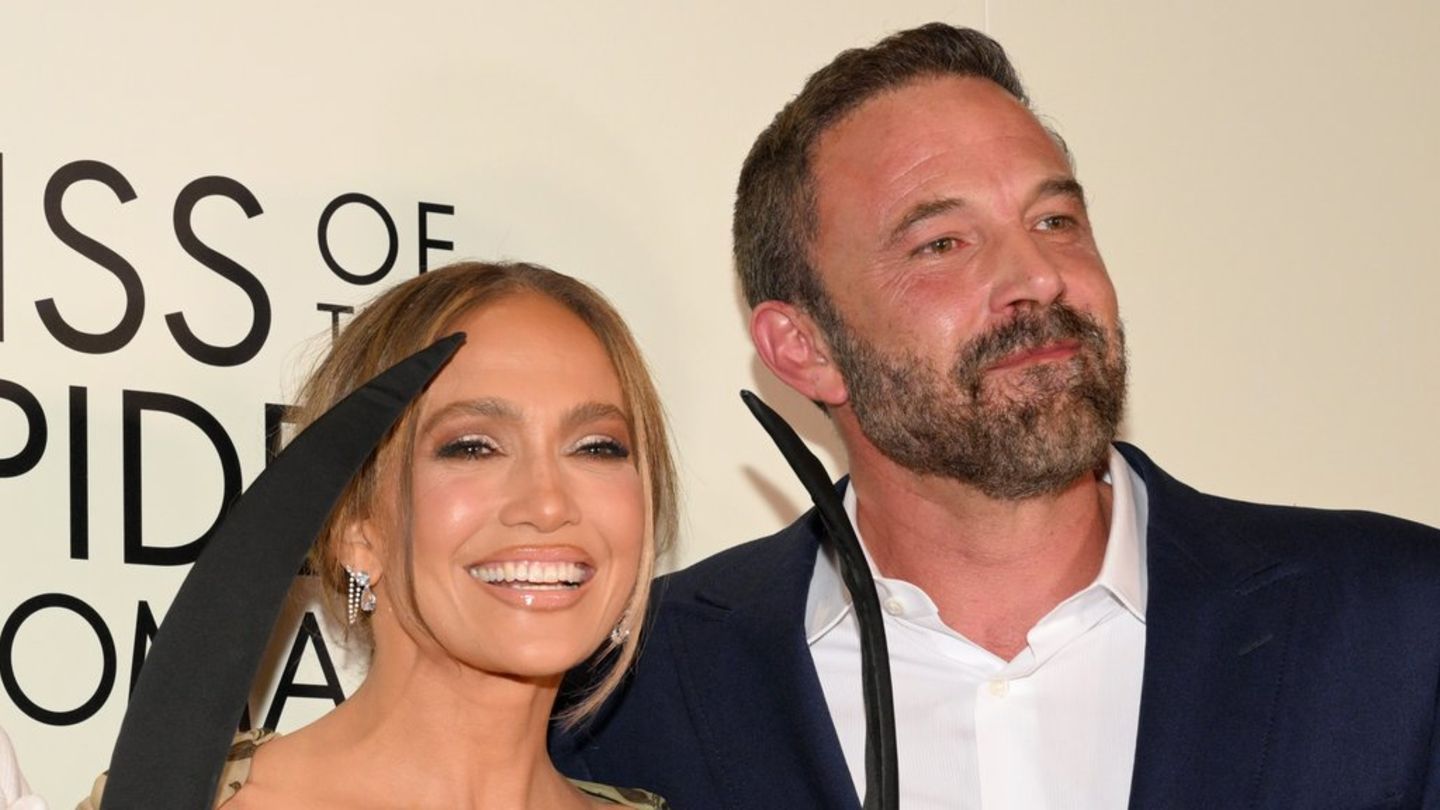Sunday Cavallo He reappeared and spoke again about the end of the exchange rate, entering one of the key debates for economists. The former Minister of Economy shared his position, set a date for unification and listed the reasons why Argentina is not yet ready to take that measure.
“When the president Milei speaks dand unify and liberalize the exchange market in the middle of the year, or even before, it seems that he has in mind that the conditions that would allow this strategy to be successful can be achieved in the coming months. My impression is that, if the right decisions are made, These conditions can hardly be achieved before the end of the year.”stated the economist in his personal blog.
To justify his position, Cavallo listed a series of arguments in relation to the current economic situation.
Exchange stocks: why it should not be unified until the end of the year
Firstly, he stated that the exchange rate CCL (cash with settlement) It is not a truly free exchange rate, because there are many restrictions on access to this market by those who have excess pesos and these restrictions at the same time discourage the entry of dollars through this market.
Furthermore, he maintained that The monthly inflation rate will be influenced by strong inertia. “It is likely that the fall in real wages in the private sector and retirements in the public sector have already reached their floor and from now on they will have to increase, monthly, at a rate no lower than the monthly inflation rate of the month.” former”.
Likewise, he pointed out that, If the rhythm of crawling peg asset does not adjust at a pace closer to the inflation rate, Production costs in dollars will tend to increase towards levels that would discourage export activities and import substitution activities, endangering the trade surplus after the foreign exchange generated by the coarse harvest and stocks of imported inputs are exhausted.
Exchange stocks: what is missing to achieve unification
“For the favorable conditions for a successful reunification and liberalization of the exchange market to be achieved within the year 2024, it will be necessary to formally split the exchange market, so that instead of the CCL a truly free exchange market operates in which the central bank and the CNV do not intervene”Commented Cavallo.
“The devaluation of the exchange rate in this market will be limited by the icapital inflow incentive that will emerge from the elimination of restrictions and the effective progress that this will mean in the process of exchange liberalization and the enabling of the dollar as a currency for savings within the banking system and the local capital market. “This process will be facilitated if Congress sanctions the fiscal package that includes a tax moratorium and money laundering,” he added.
On the other hand, he assured that the pace of the crawl must be adjusted in the commercial market so that the gap between the two markets disappears naturally and not due to manipulation by the Central Bank.
Likewise, he maintained that Banks should be allowed to freely decide the interest rate that they will pay both for deposits in pesos and for deposits in dollars, as well as the amount they will charge for loans. “Banks should be allowed to invest in Treasury bonds with surplus loanable capacity not demanded by the private sector, but without the prerogative that the Central Bank is obliged to repurchase these bonds when the Banks need to get rid of them,” he added.
For Cavallo, the key to the success of reunification and liberalization of the exchange market is that from that moment on the trend of the unified and free exchange rate tends to appreciate, so that to stabilize it, The Central Bank must buy reserves. “If to stabilize the exchange rate the Central Bank had to intervene by selling reserves, it would mean that macroeconomic stability has not been achieved even when the fiscal deficit has disappeared. This is the reason why a hasty reunification and liberalization, say in the middle of the year, runs the risk of failing,” said the former Minister of Economy.
Dollar Stock Exchange.jpg
For Cavallo, it will be necessary to formally split the exchange market and make the CCL more free
Domingo Cavallo: what he said about inflation
Cavallo pointed out a slowdown in inflation monthly in March, although in a context of deep recession. He mentioned that the online prices March they recorded a 8% increaseprojecting monthly inflation close to 10% if regulated services and prices are considered.
However, he recalled that the activity level indicators show a very marked decline. “There is no data for March, but looking at the indicators in the months of January and February there is no doubt that we have entered a deep recession”Cavallo commented.
Source: Ambito




